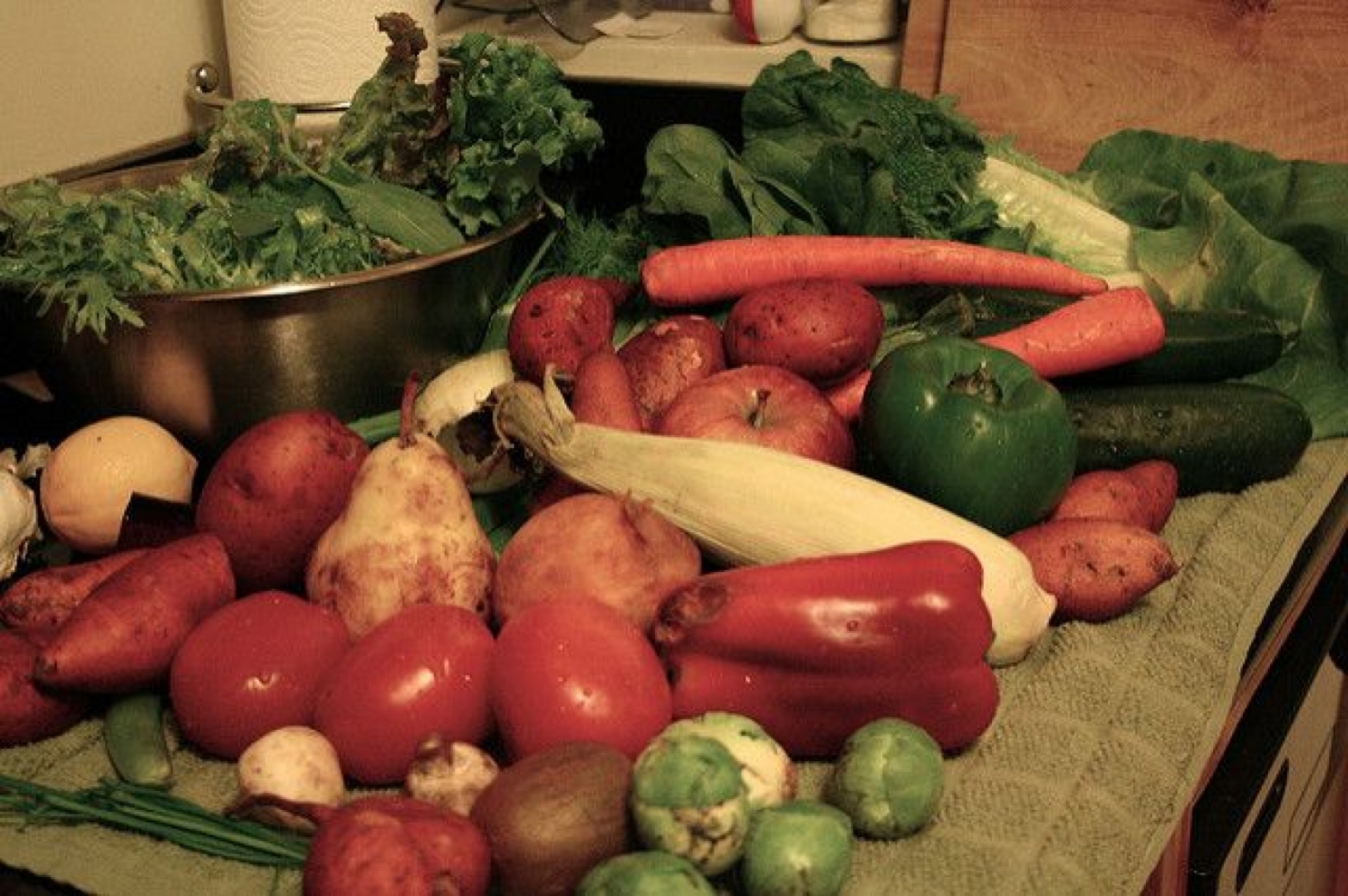Did you know that UK homes throw away on average 7 million tonnes of food and drink a year, the total value of which is estimated at a massive £12.5 billion? It’s no wonder that food waste is high on the national news agenda at the moment with retailers such as Sainsbury’s and Tesco taking a stand to help tackle the issue.
Everyone is guilty of throwing out food, from uneaten veggies to meat that’s gone past its best-before date. And, it’s not just consumers that are accountable for this as food waste occurs in each stage of the supply chain – from farm to fork.
As consumers, we need to play our part in combating this global issue; whether by planning weekly meals more accurately, or writing a shopping list, keeping food in its original packaging or knowing what can be frozen. Informing and educating us as consumers is therefore at the crux of many supermarkets’ campaigns. Retailers are also looking into how they can help minimise loss from their stores, which has prompted one major UK retailer to sell a ‘wonky veg box’, made up of misshapen vegetables that would usually not be sold, and therefore, wasted.
If like me you are an avid purchaser of multi-buys, you would’ve noticed recently that supermarkets have also reduced the amount of these types of offers available on their shelves. While their multi-buy deals provide value for customers, they can prompt some customers to overbuy, leading to food losing its freshness quickly, resulting in waste.
As retailers and consumers do their part, innovative, smart packaging also plays an essential role in reducing food waste by maximising the shelf life and informing consumers. Over the past few years, re-closable and re-sealable packaging has become more widely available, with tapes included on the back of packaging to help keep them closed, therefore lessening spoilage. There are also ‘colour –changing’ packs, which change colour as the product reduces in freshness and ‘stay fresh’ sheets that aim to extend the freshness and shelf life of food.
While there are numerous external factors that can affect the shelf life of food including UV rays and moisture, innovative technologies such as barrier coatings can help preserve foods with no migration and contaminants passing onto the food.
Smart packaging can protect products and help to delay the natural process of decay therefore reducing food waste, while catering to consumer demand to keep food fresher for longer. So, while we all have a part to play in the fight against food waste, new technologies are leading the way in combating food wastage and keeping products fresher for longer!
